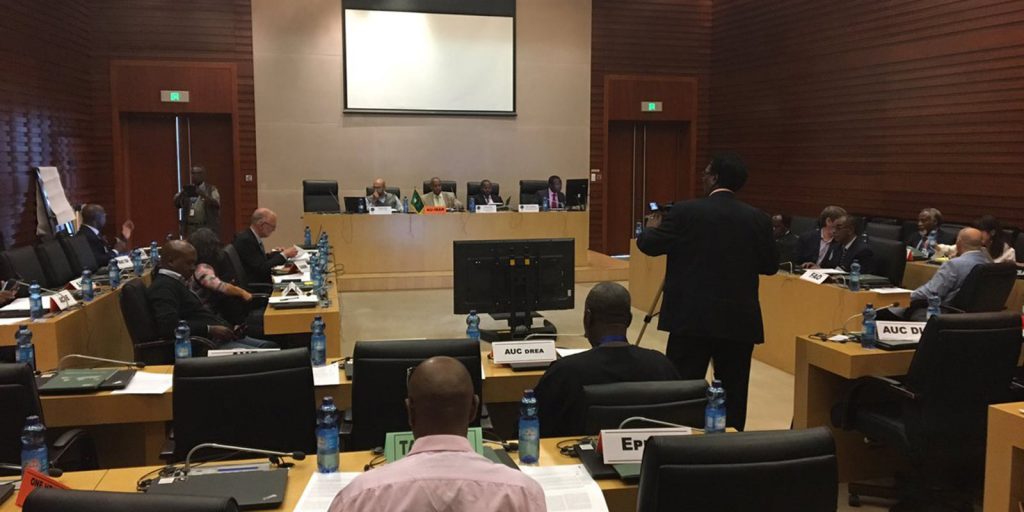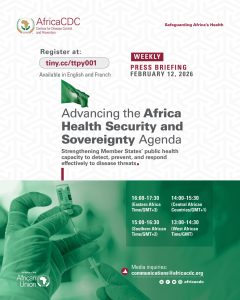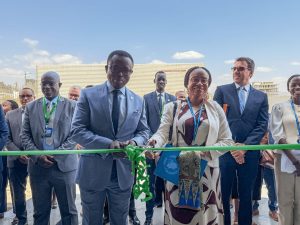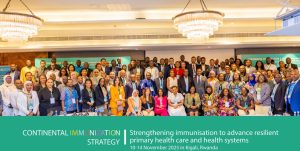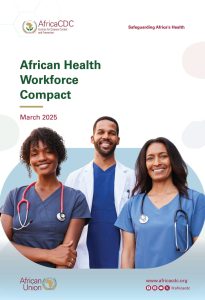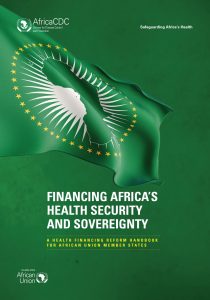Theme: “Strengthening the operationalisation of One Health in East Africa”.
WHAT: Workshop on One Health in East Africa. The workshop will feature a high level of panel discussion on the workshop theme: “Strengthening the operationalisation of One Health in East Africa”.
Highlights for media will include:
- A welcome address by the Director for Africa CDC
- Overview of the workshop objectives, rationale and agenda
- A vision of One Health Operationalisation
- Africa CDC regional OH strategy
- State of play of OH in the Continent
WHEN: Monday and Tuesday, 1st to 2nd October, 2018
The workshop will start at 9:30 am with Morning refreshment followed by the opening speech of the Director of Africa CDC at 10:00 – 10:30 am at the AU Commission at Medium Conference Hall,
WHERE: African Union Headquarters, Addis Ababa (Medium Conference Hall)
WHO: Organised by the Africa Centres for Disease Control (Africa CDC). It will be attended by AU member states, the W.H.O, Civil Society Organisations (e.g. DAI) and invited guests.
WHY: The objectives of the workshop includes:
- To build coalition towards the development of feasibility study on the integrated operationalisation of OH in Africa across all domains and relevant scales.
- To assess the value from OH approaches derived from improved efficiency and taking into account performance/delivery issues.
The workshop will showcase the linkages between human health, animal health and the state of the environment, global health organisations including WHO, OIE and FAO on how they endorsed and promoted the concept of “One Health”. The workshop will also bring together One Health focal points from member states in East Africa, along with leading partners form non-governmental and academic institutions, to identify gaps in One Health in East Africa. The workshop will further help to implement Africa CDC”s Strategic Plan and strengthen compliance with international Health Regulations.
Expected Outcomes
– A collection of strategic goals and relevant strategic frameworks (e.g. International Health Regulations) from the different stakeholders participating at the meeting, and how OH interventions can contribute value to their delivery.
– A collection of technical, and organisational barriers, and solutions, by domain towards OHO.
– A collection of the most suitable governance structures for the operationalisation of OH.
– An agreement from all attendees to continue working towards the preparation of the feasibility plan, and strategies towards its funding and implementation.
Background:
The Center on Global Health Security at Chatham House in collaboration with Zoetis recently mapped out and characterised 100 one health networks in three continents. The most relevant results indicated that majority of networks engaged in one of the three activities, communication and collaboration, data and information sharing, and capacity building; only 15% mentioned a monitoring and evaluation (M&E) strategy on their website, and fewer provided details of this strategy;78% of networks worked with government and academic actors, and 23% involved the private sector and 10% involved communities.
The results in general revealed significant variation in how OH is being operationalised and outline a pathway towards improvements. Specially, there seems to be opportunities to develop models/frameworks to M&E OH value contribution and implementation that support the interest and goals of corporations and communities together with those of donors, international agencies and governments.
For media enquires contact:
Mr Thomas NGBONGA | Communication Officer, Africa CDC, African Union Commission | Tel: +251 (0) 9046 49135 | E-mail: ZindotealaS@africa-union.org
or
Promesse KANIKI | Communication Officer, Africa CDC, African Union Commission | Tel: +251 (0) 9095 37791 | E-mail: KanikiC@africa-union.org

